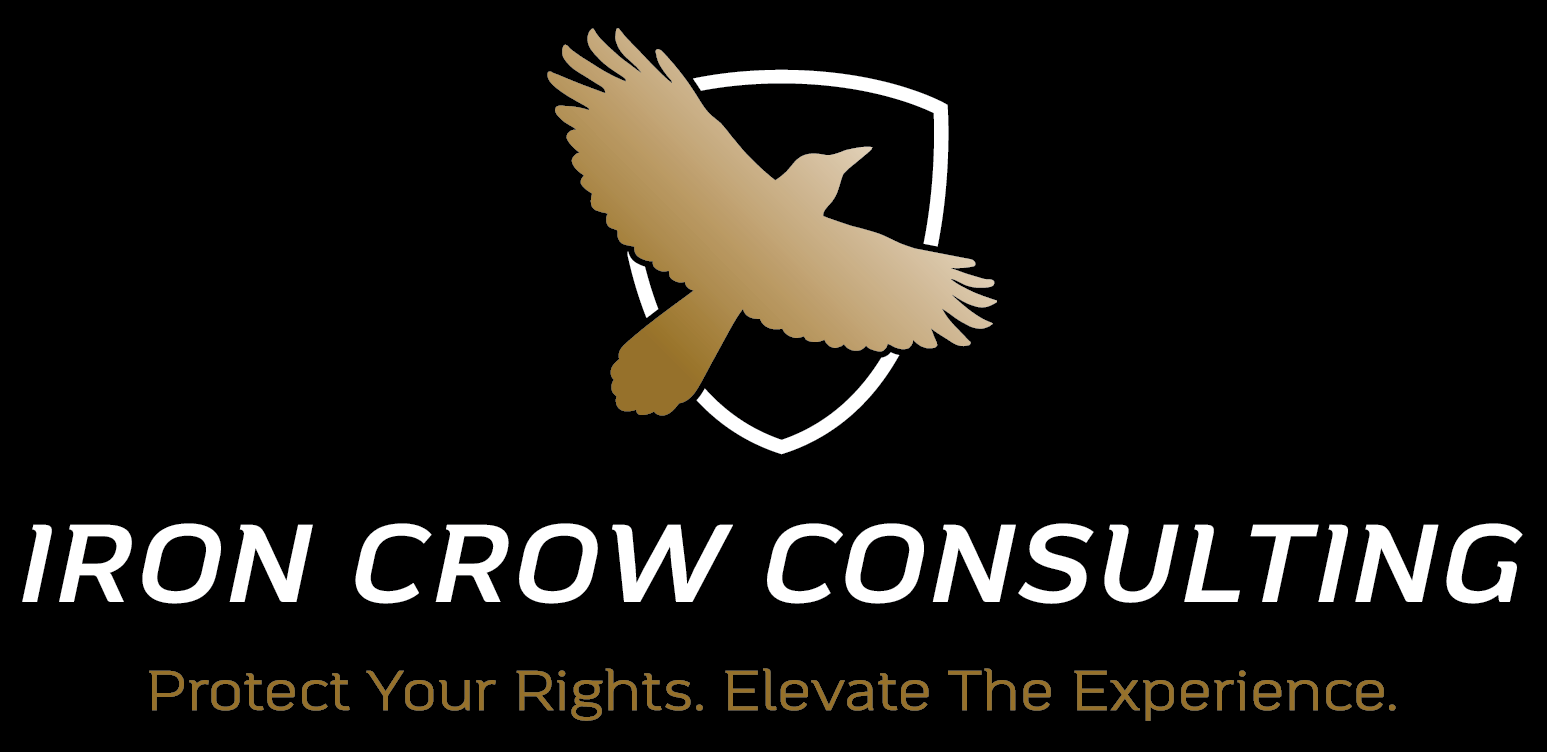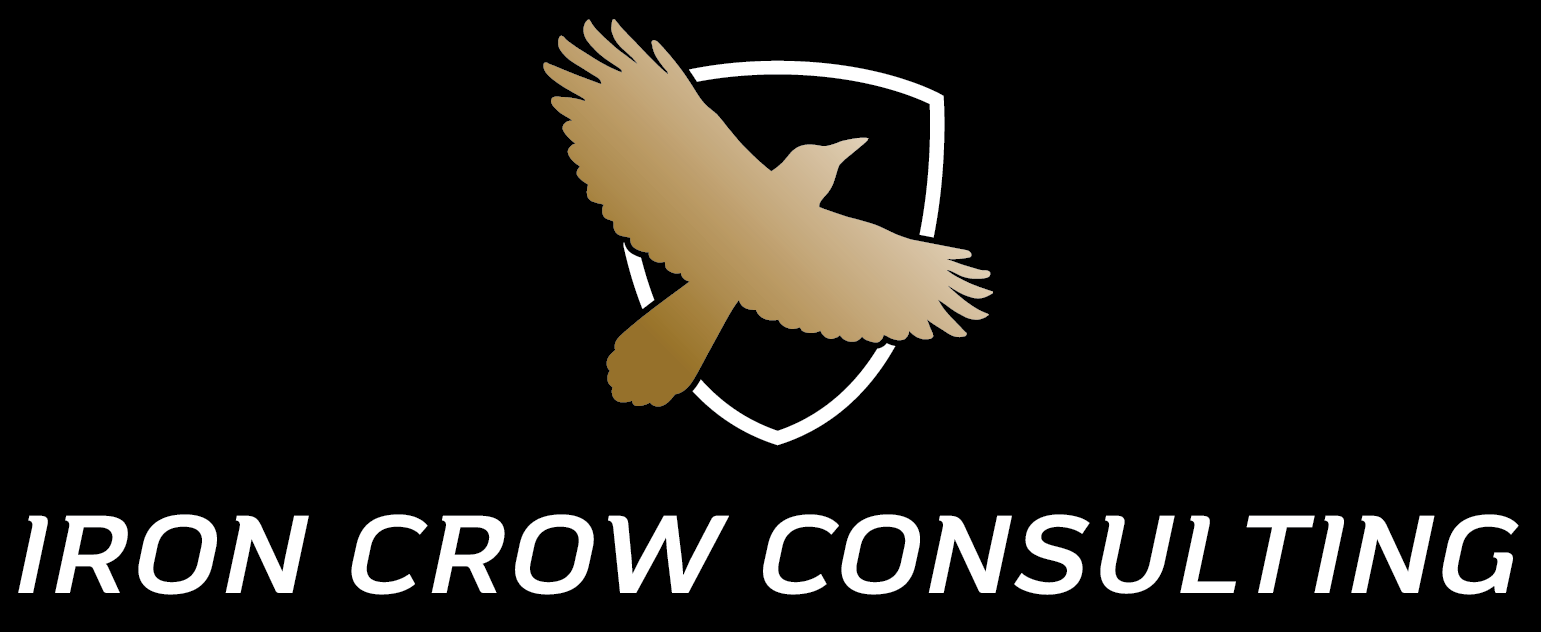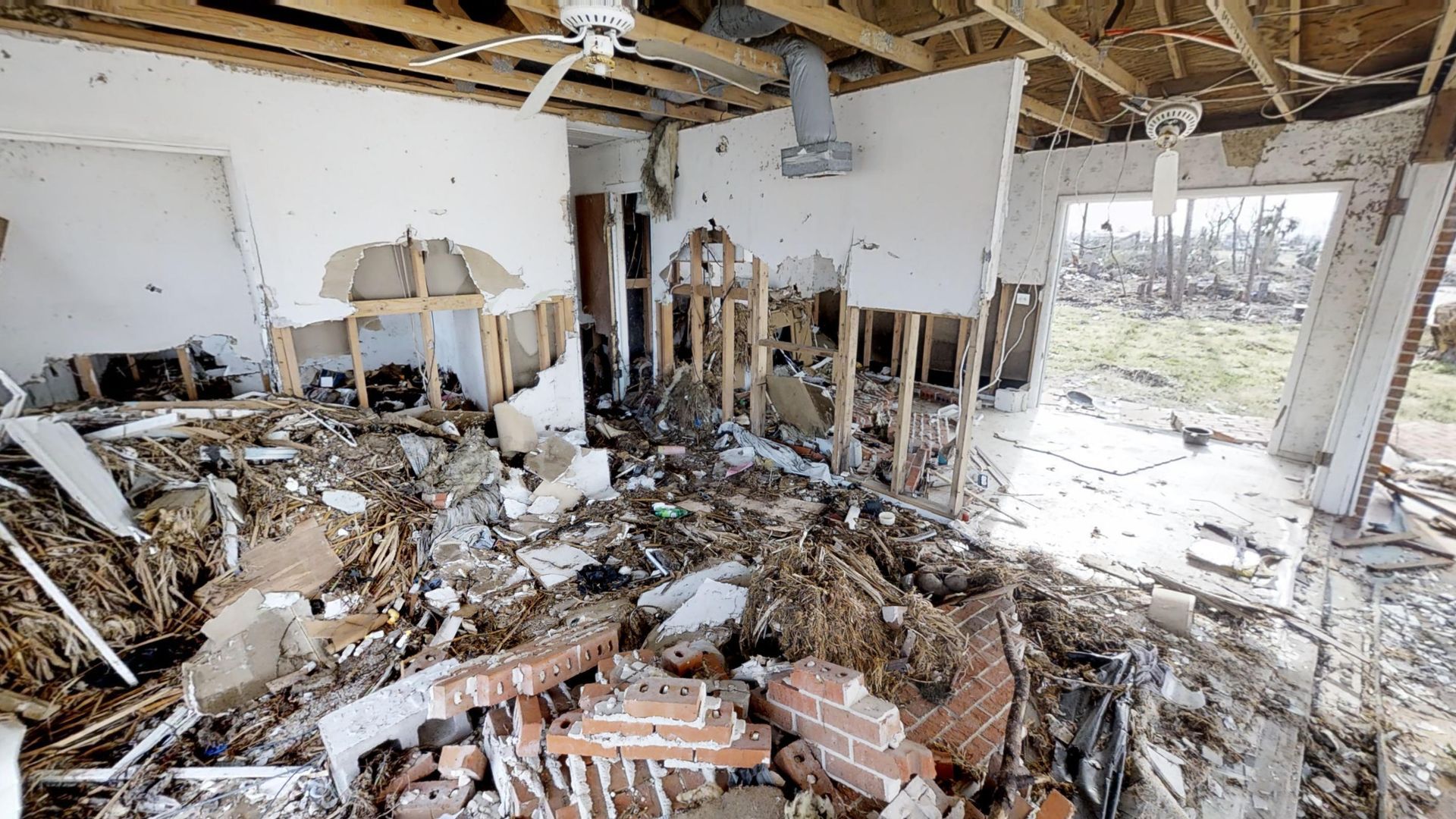TX Agency: 2994670
Practice Area
Hurricane Damage
Filing a hurricane insurance loss claim involves a complex process due to the extensive and varied nature of damage hurricanes can cause. Hurricanes can lead to wind damage, flooding, and other types of destruction that may affect homes, businesses, and vehicles. The insurance claims process for hurricane damage often involves multiple policies, such as homeowners insurance, flood insurance (since standard homeowners policies typically do not cover flood damage), and sometimes additional windstorm insurance in certain areas. Here's an overview of what the hurricane insurance loss process is generally like:
Immediate Aftermath
1. Safety First: Ensure the safety of yourself and your family. Follow local emergency orders and do not return to your property until it's safe to do so.
2. Document Damage: Once safe, take extensive photos or videos of the damage to your property and belongings. Documenting everything before cleanup or repairs begin is crucial for your claim.
3. Temporary Repairs: Perform or arrange for any necessary temporary repairs to prevent further damage, such as covering broken windows or leaking roofs. Keep receipts of these expenses, as they may be reimbursable by your insurance.
Review Insurance Coverage
4. Understand Your Policies: Review your insurance policies to understand what is covered and what your responsibilities are. You might need to file separate claims for wind, water, and flood damage.
5. Immediate Notification: Contact your insurance companies as soon as possible to report the damage. This includes your homeowners, flood, and any additional insurance providers.
Filing the Claim
6. Provide Detailed Information: When reporting the damage, provide as much detail as possible about the extent and nature of the destruction. Follow your insurer's guidance on submitting a claim.
7. Keep Records: Document all communications with your insurance companies, including dates, the names of people you spoke with, and the details discussed.
Assessment and Adjustment
8. Adjuster's Inspection: Insurance adjusters from each of your policies will likely inspect the damage. It's beneficial to be present during these inspections to ensure all damage is noted.
9. Gather Repair Estimates: Obtain detailed repair estimates from licensed contractors. These estimates should specify the work needed and the associated costs.
Claim Processing
10. Review of Claims: Your insurance companies will review the adjusters' reports alongside your repair estimates and policy details to determine your claims' coverage.
11. Settlement Offers: Each insurance company will provide a settlement offer based on their policy coverage and the assessed damage. Review these offers carefully to ensure they cover your losses adequately.
Resolution
12. Dispute Resolution: If you disagree with any settlement offers, you can dispute them. This might involve providing additional documentation, hiring a public adjuster for a second opinion, or negotiating further with the insurance company.
13. Repairs and Rebuilding: Once settlements are agreed upon, you can proceed with the repairs or rebuilding of your property. Using reputable contractors and keeping detailed records of all work and payments is essential.
Considerations
- Deductibles and Limits: Be aware of your policies' deductibles and coverage limits. Hurricane or windstorm deductibles may be higher than standard deductibles.
- Flood Insurance: Remember that flood damage is typically not covered under standard homeowners insurance policies. Claims for flood damage must be filed under a separate flood insurance policy, often through the National Flood Insurance Program (NFIP) in the United States.
- Preparation for Future: After experiencing a hurricane and going through the claims process, it's wise to reassess your insurance coverage to ensure you're adequately protected for future events. This might include adjusting coverage limits or purchasing additional policies.
Filing a hurricane insurance loss claim can be a lengthy and challenging process, requiring careful documentation, patience, and sometimes negotiation. Understanding the steps involved and your rights as a policyholder can help ensure you receive the compensation needed to recover and rebuild.
Contact us
(254) 766-2769
INFO@IRON-CROW.COM
2775 Villa Creek Drive, Suite B219,
Farmers Branch, Texas, 75234
TX Agency: 2994670
Business Hours
- Mon - Fri
- -
- Saturday
- Appointment Only
- Sunday
- Closed
Iron Crow Consulting
This website has been built to be accessible for all users. If you experience any difficulty in accessing this website, please contact us for assistance.



